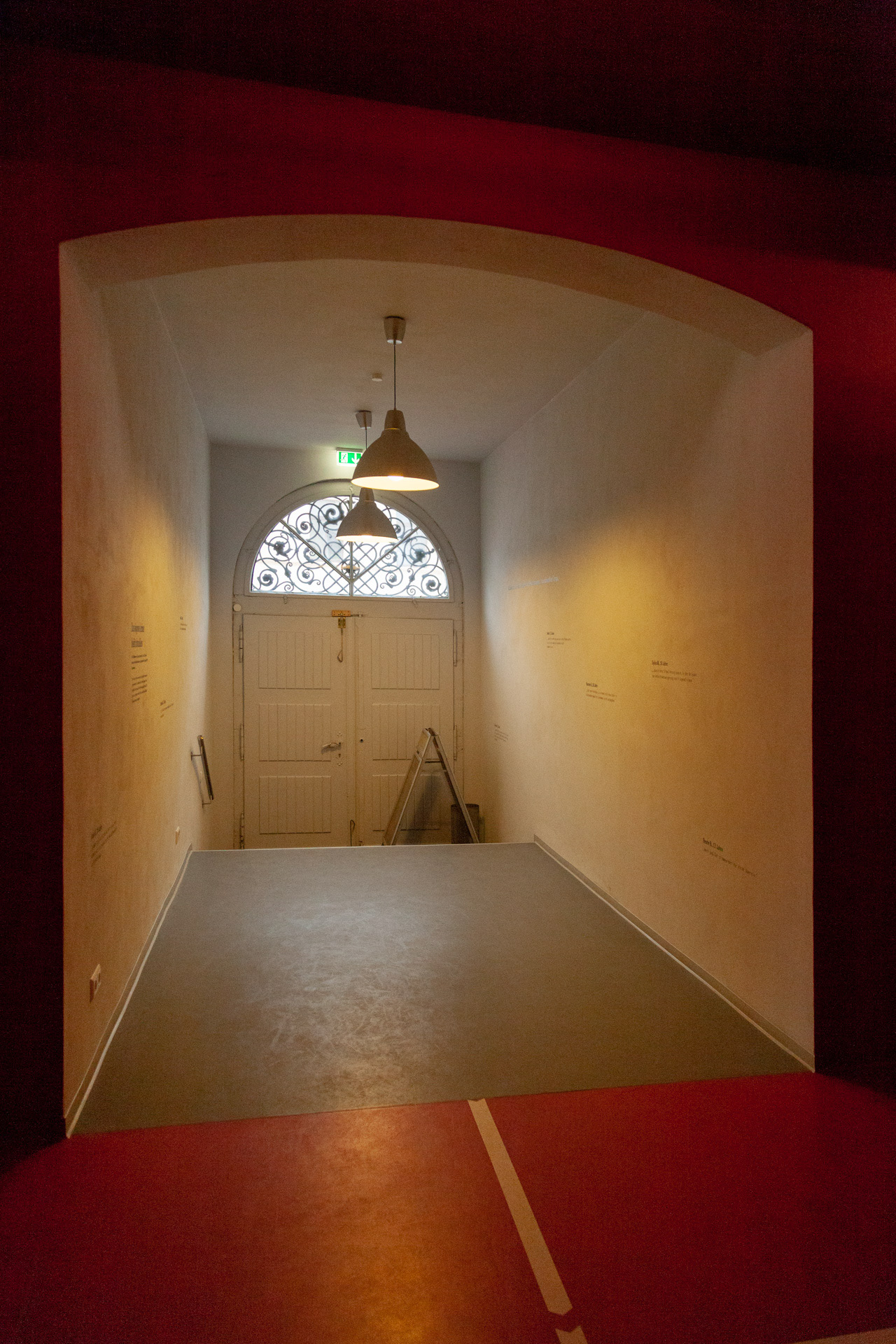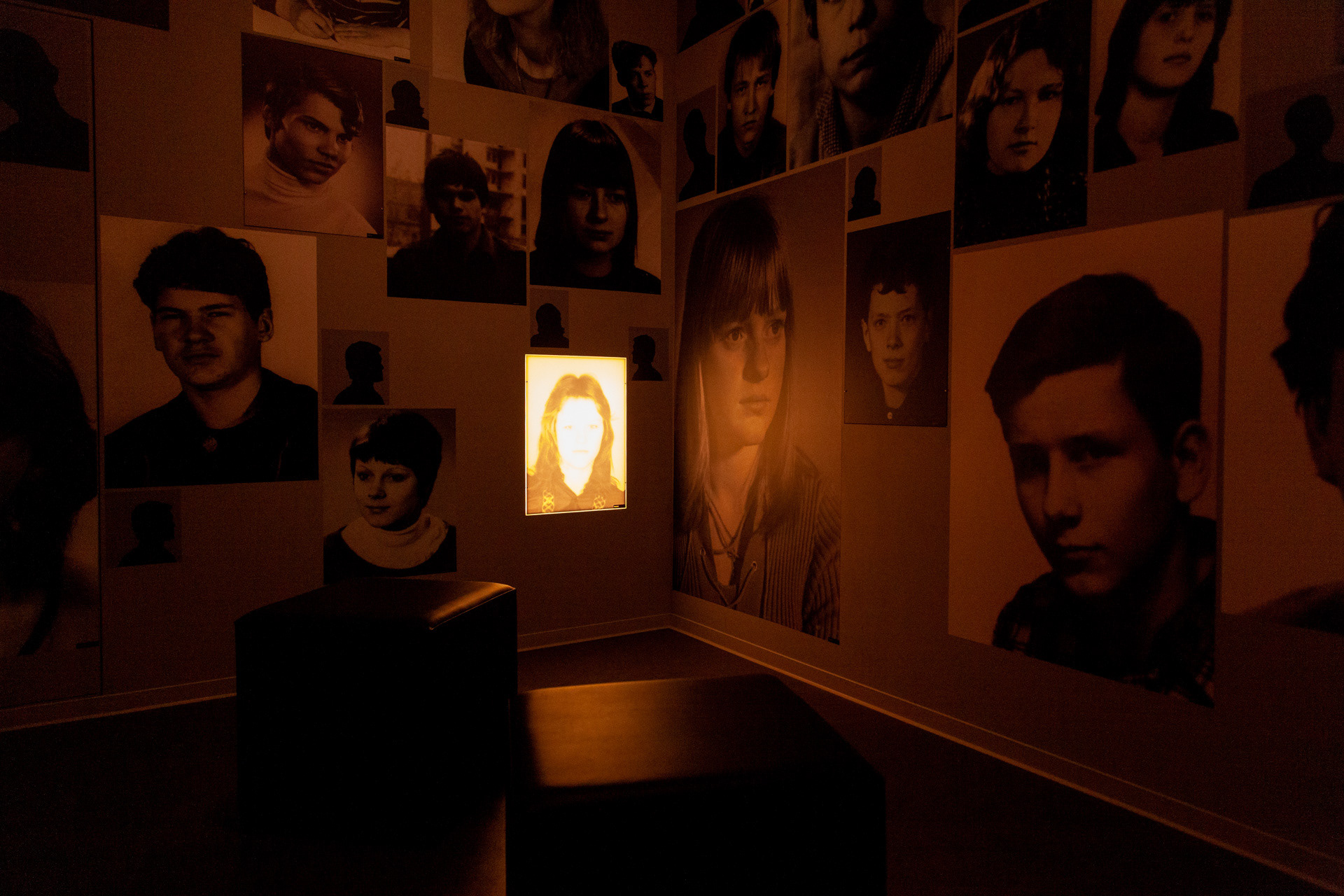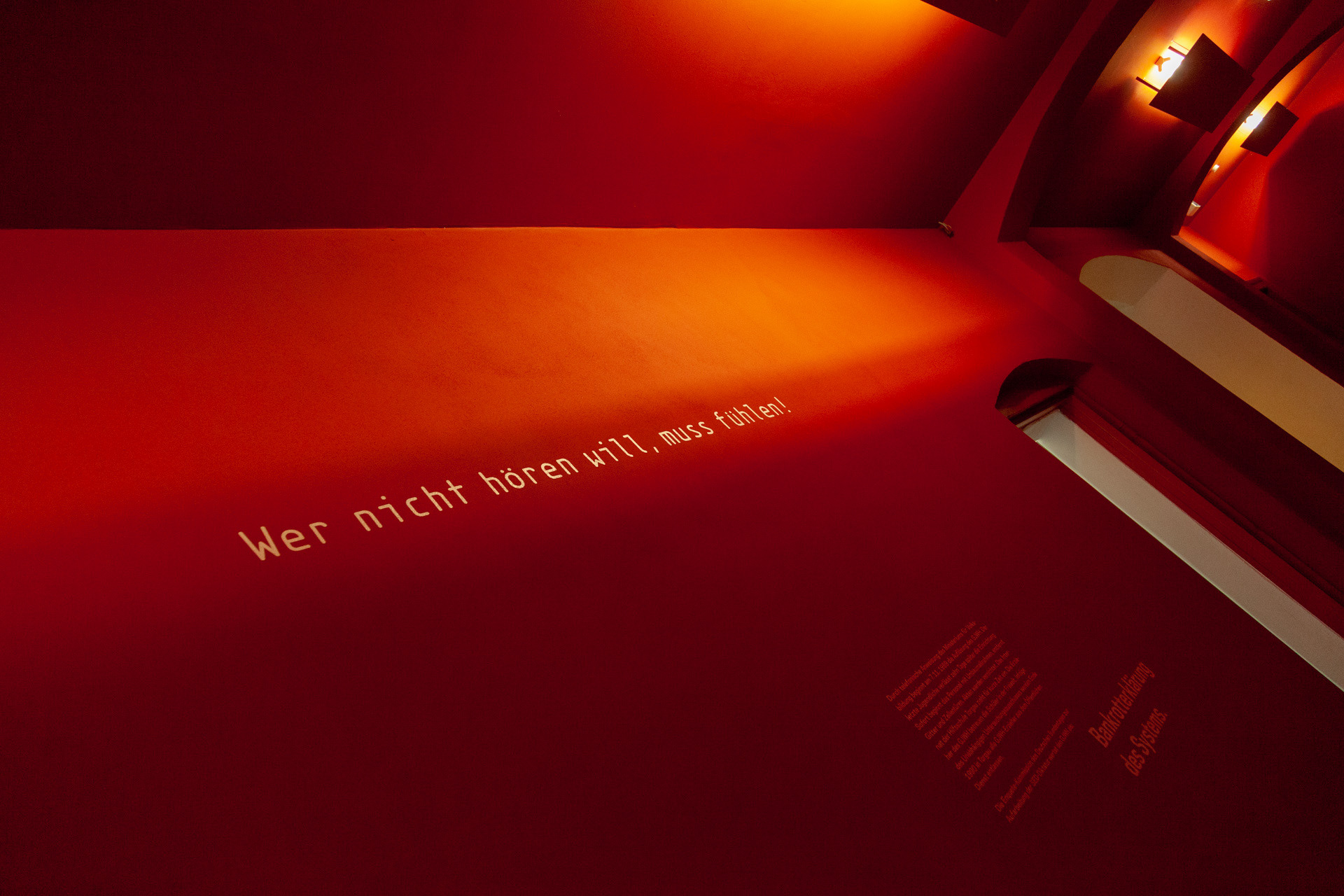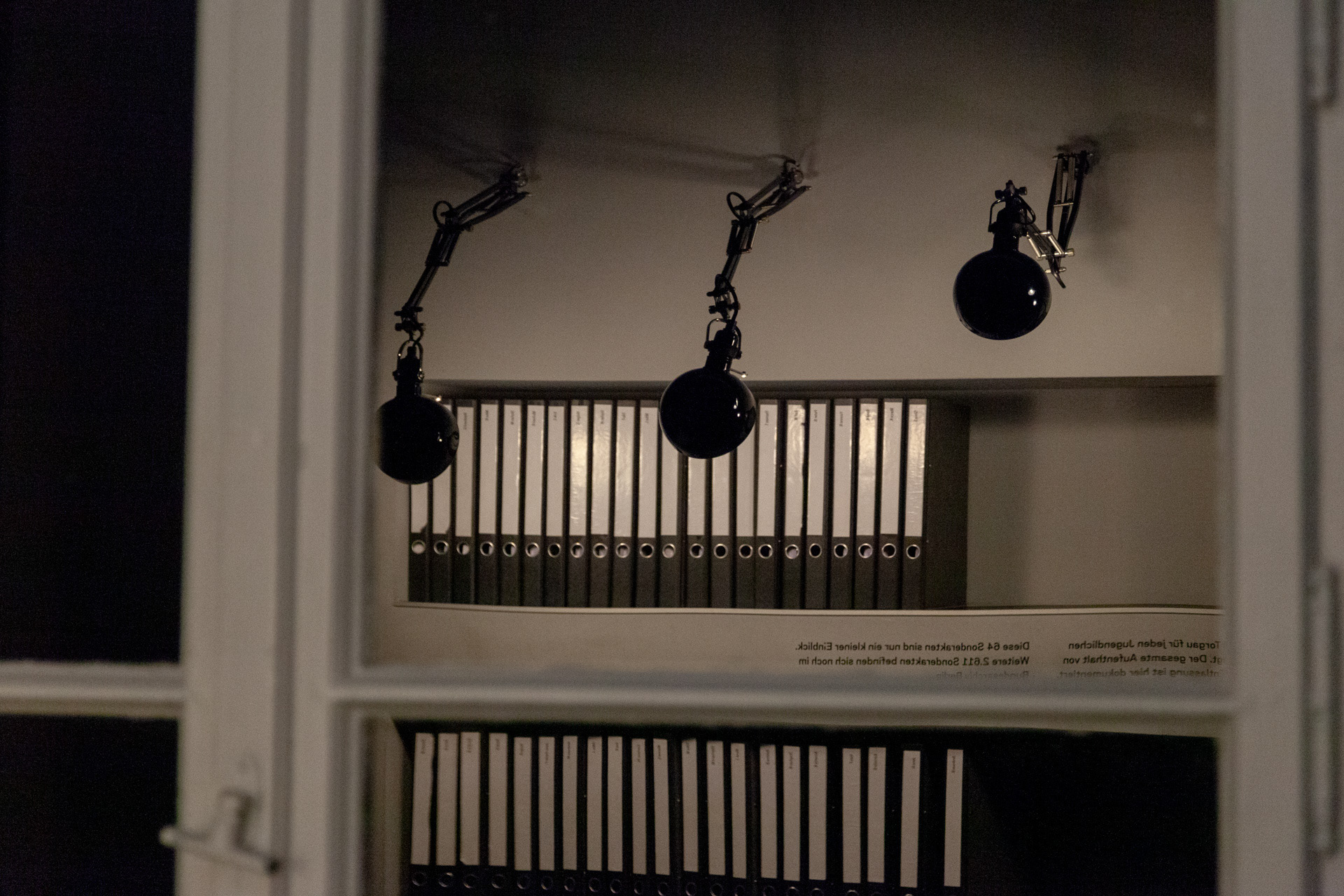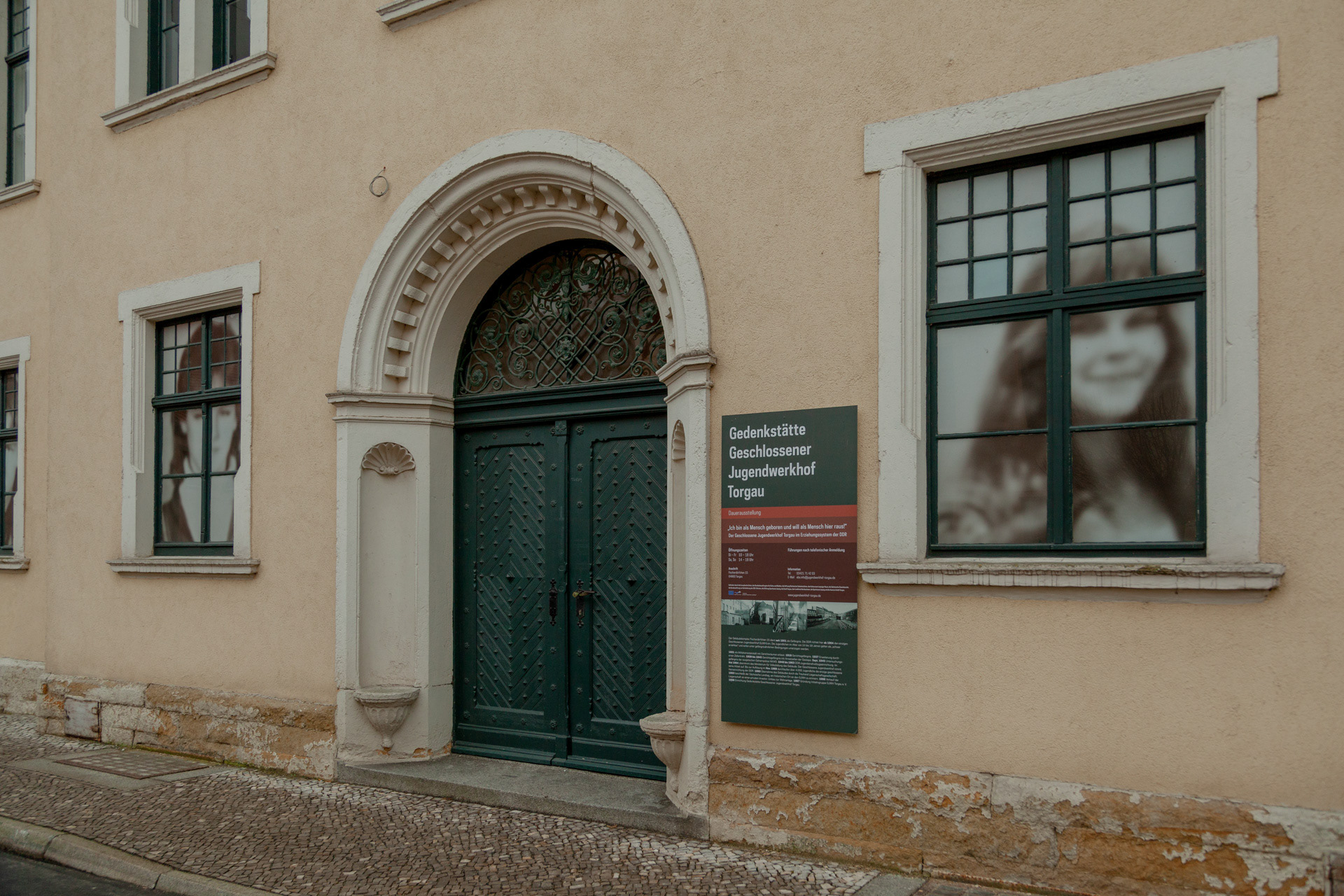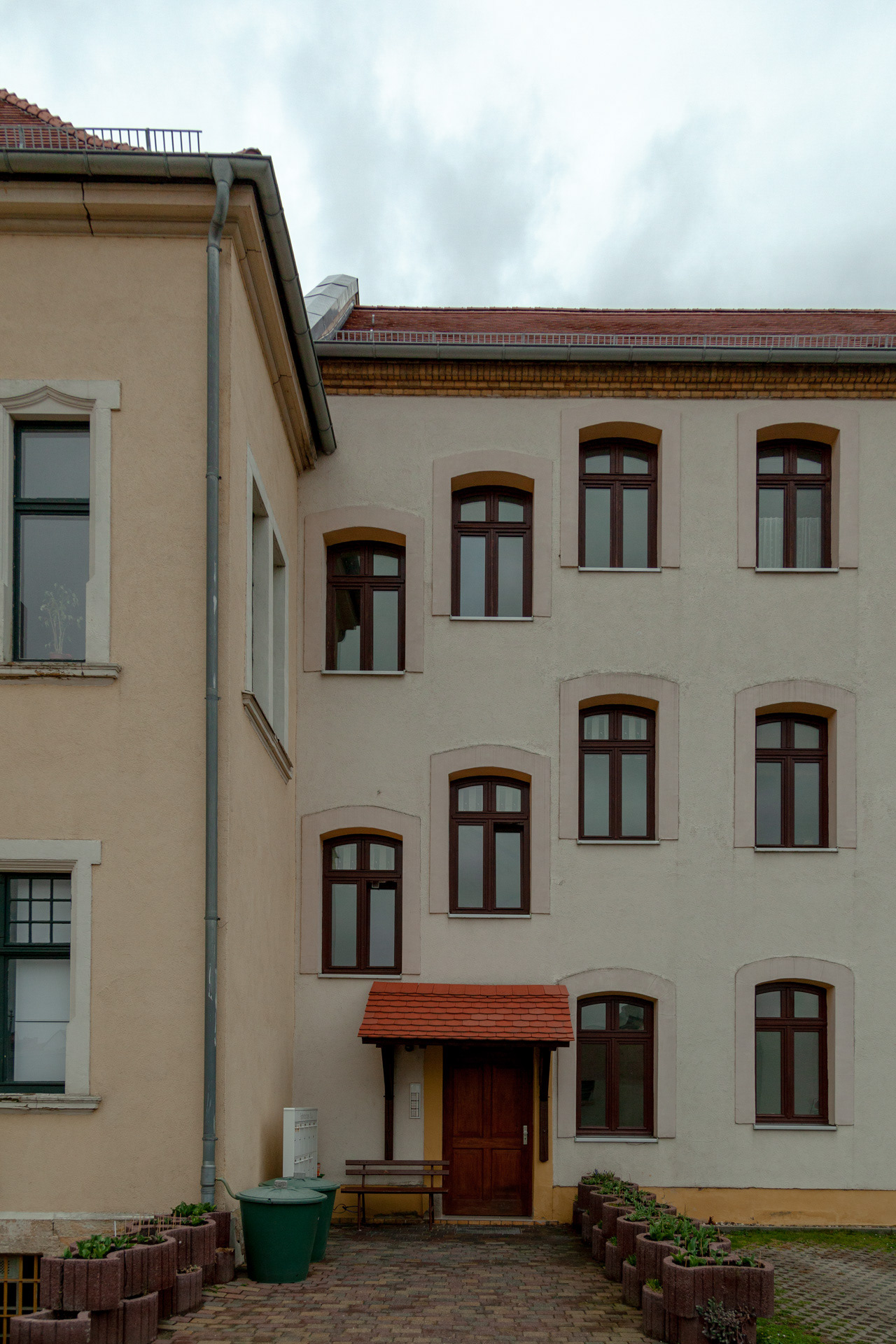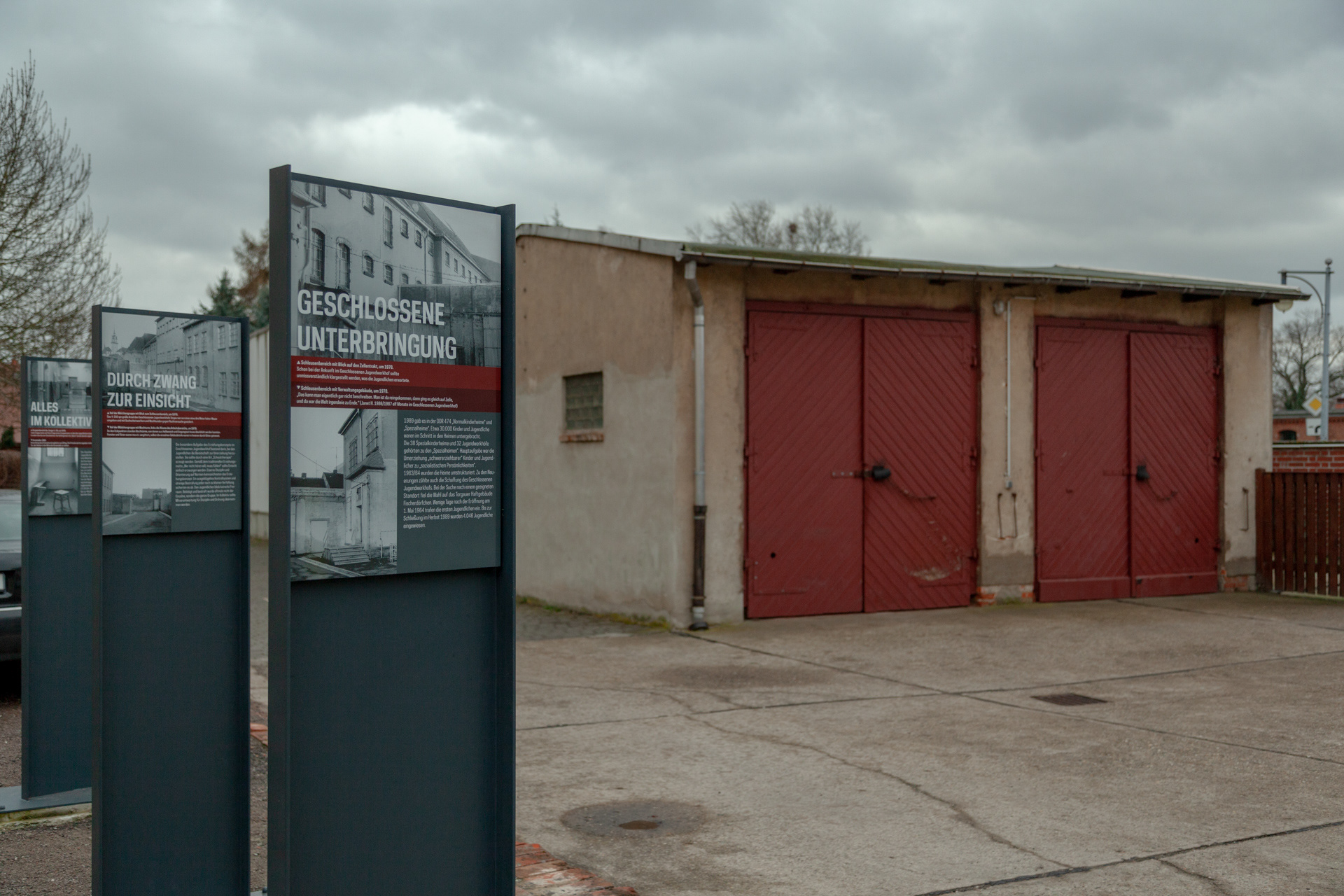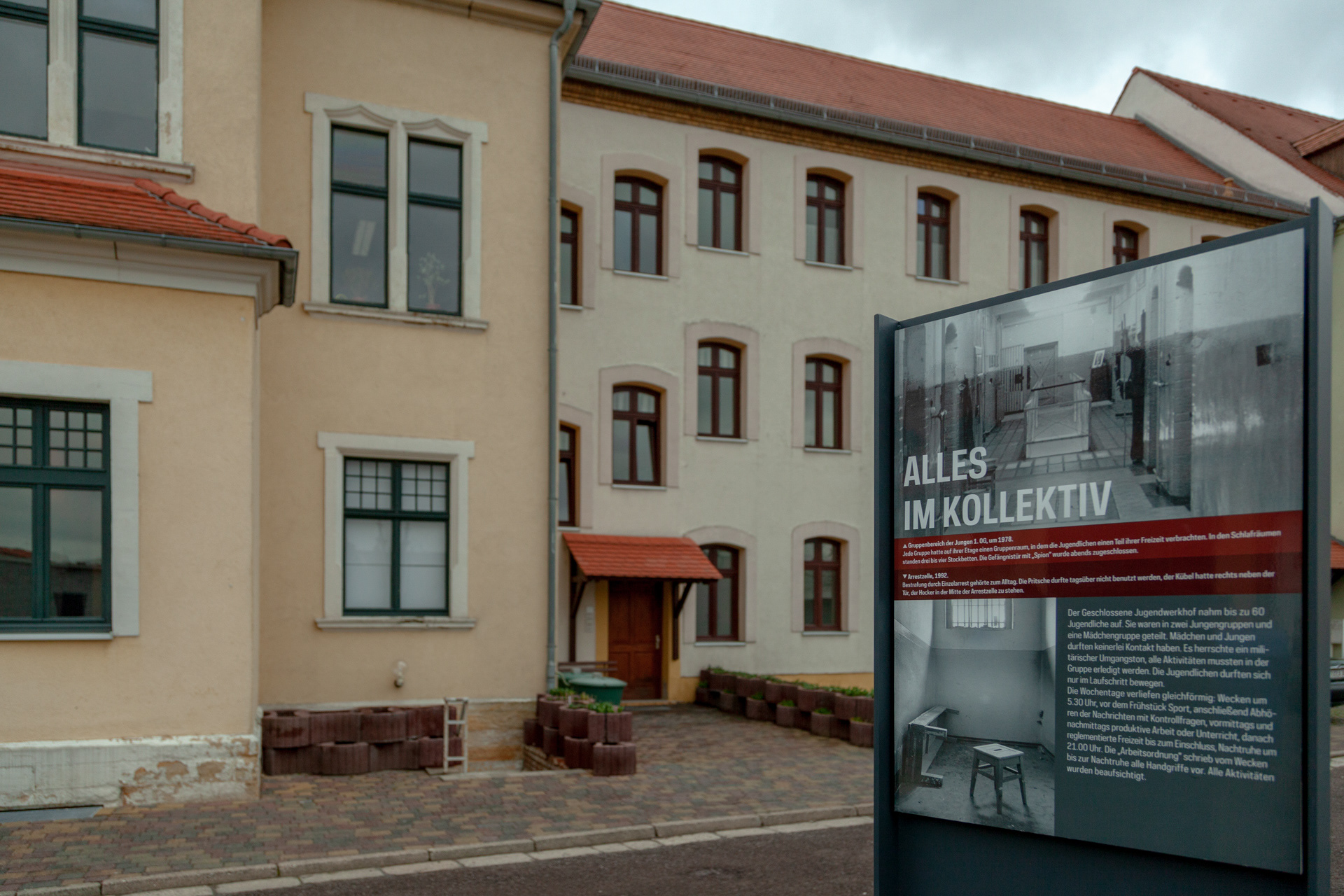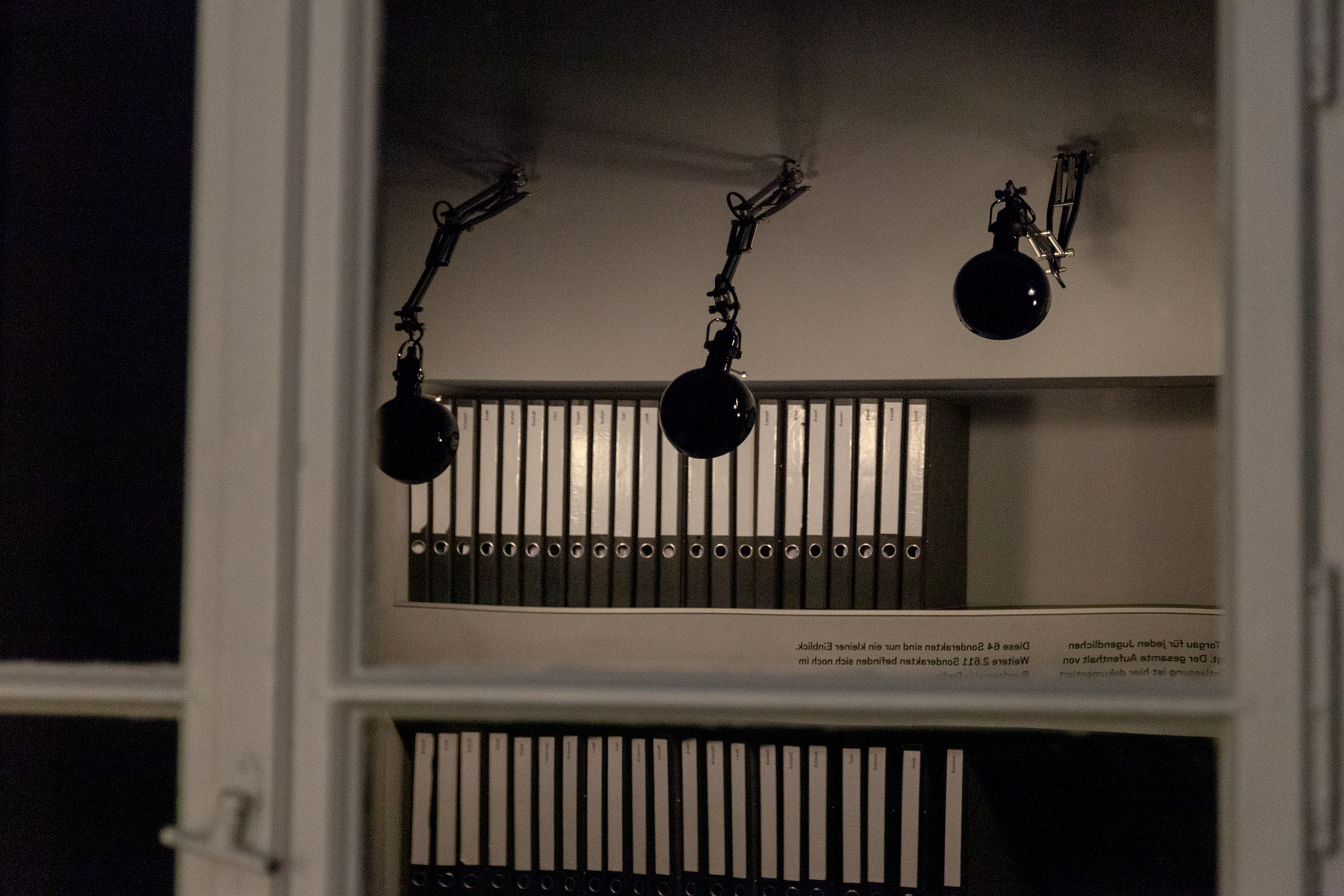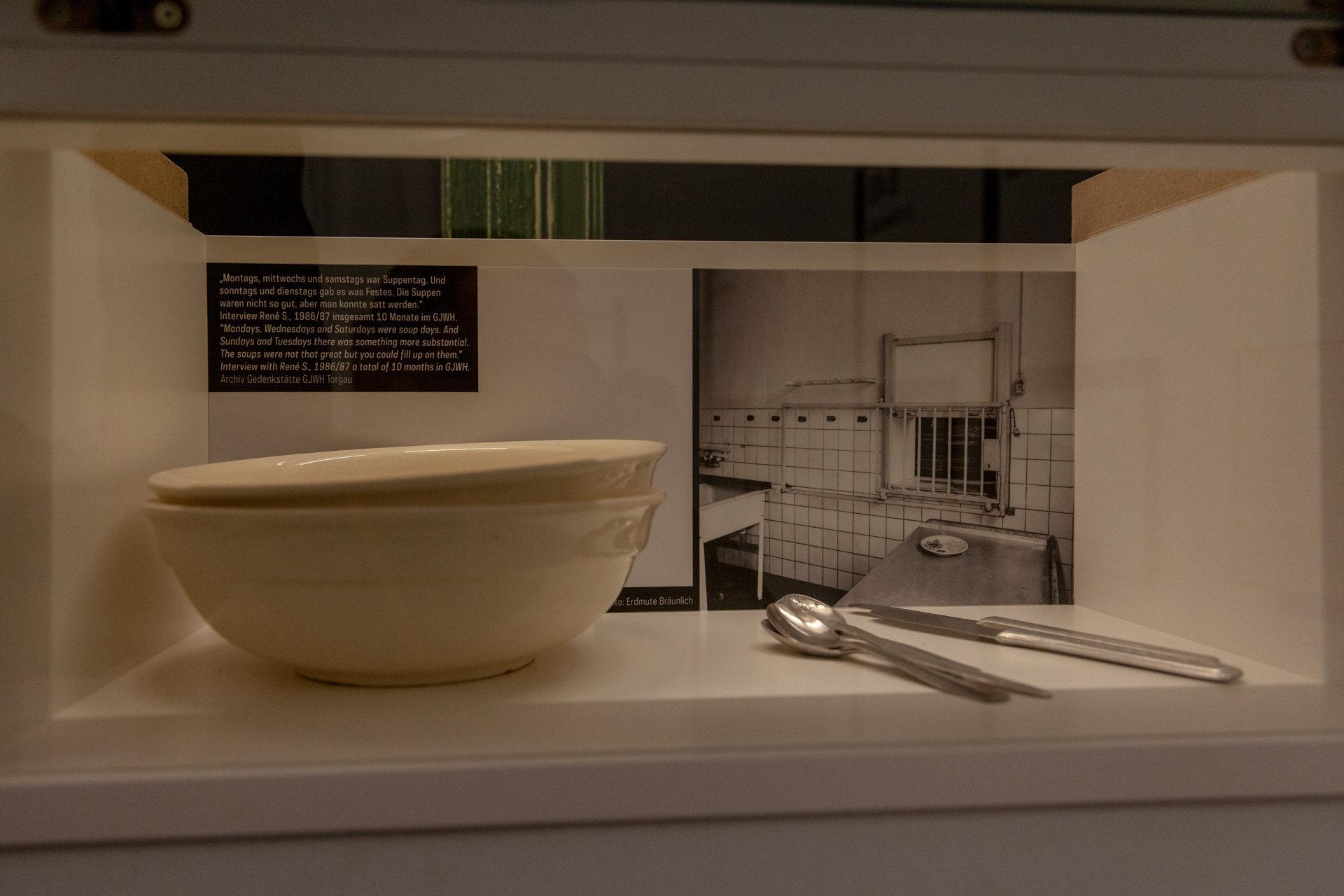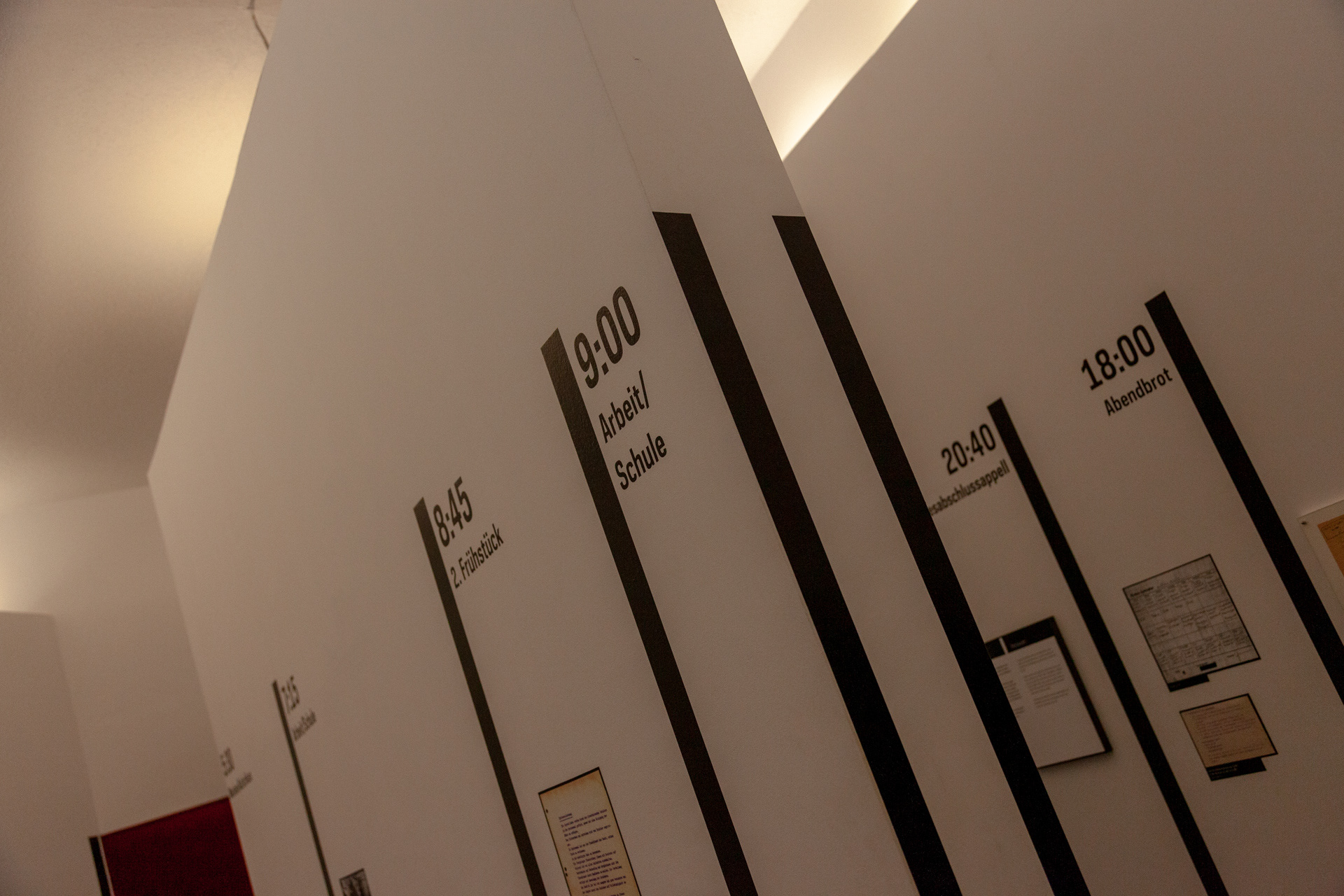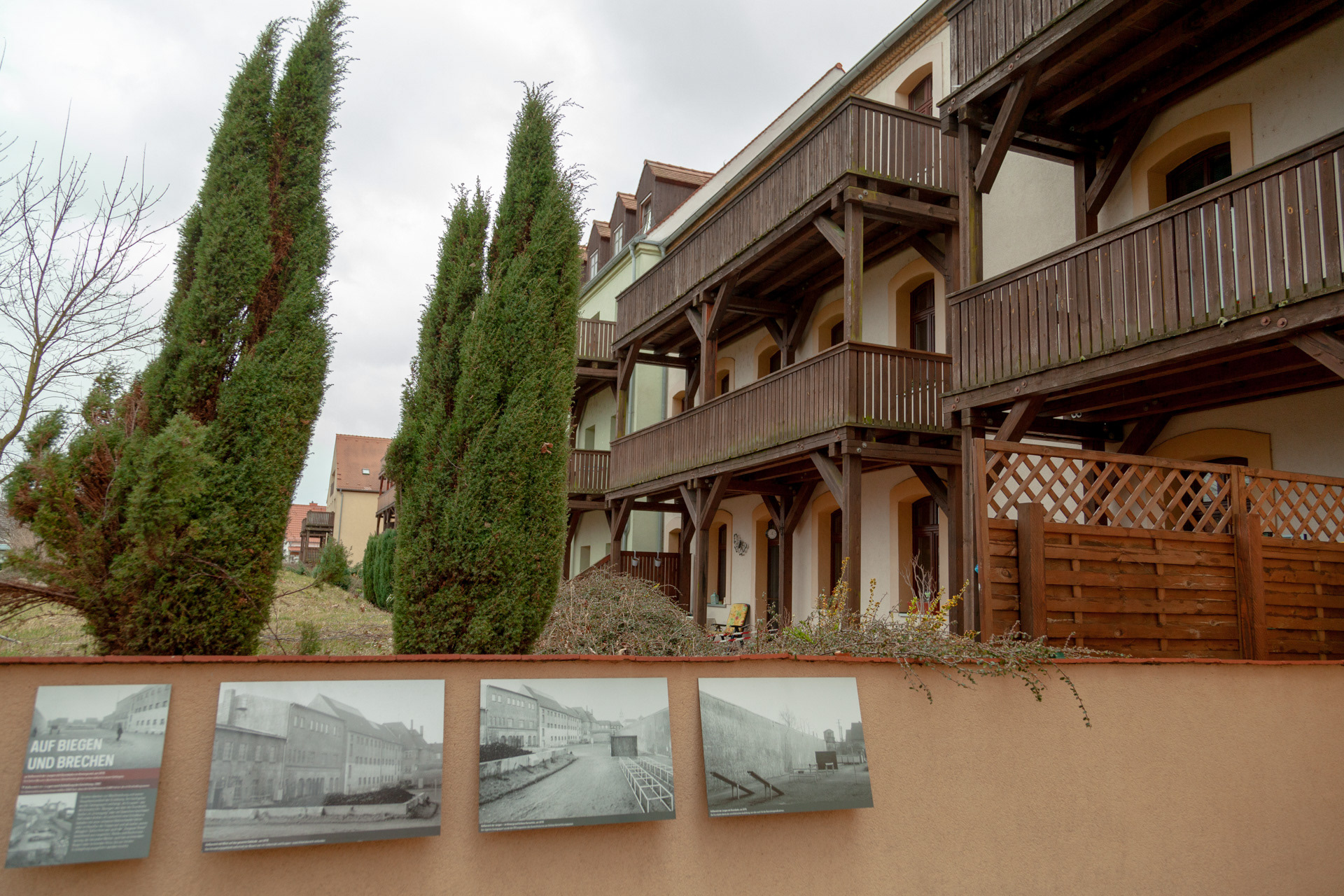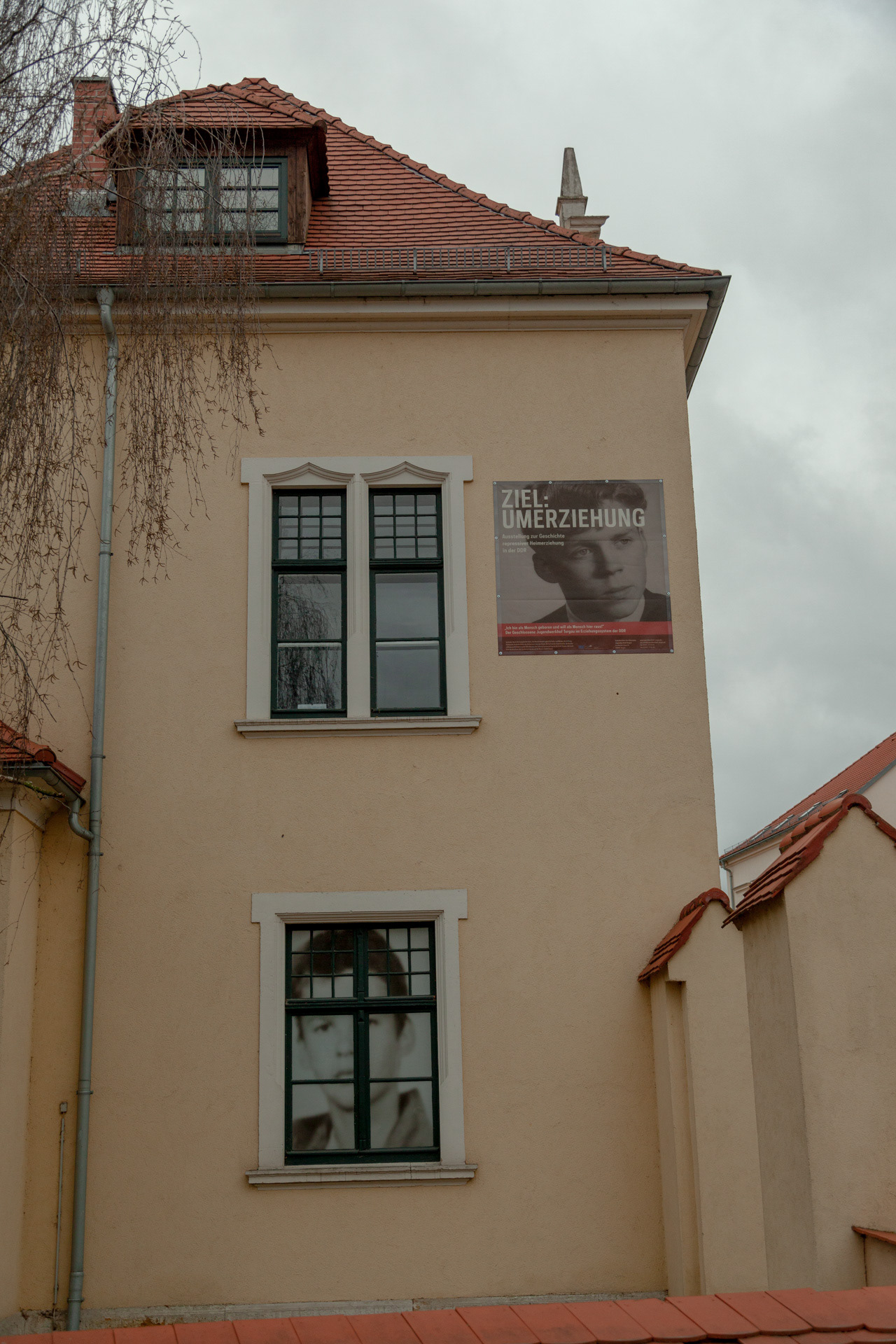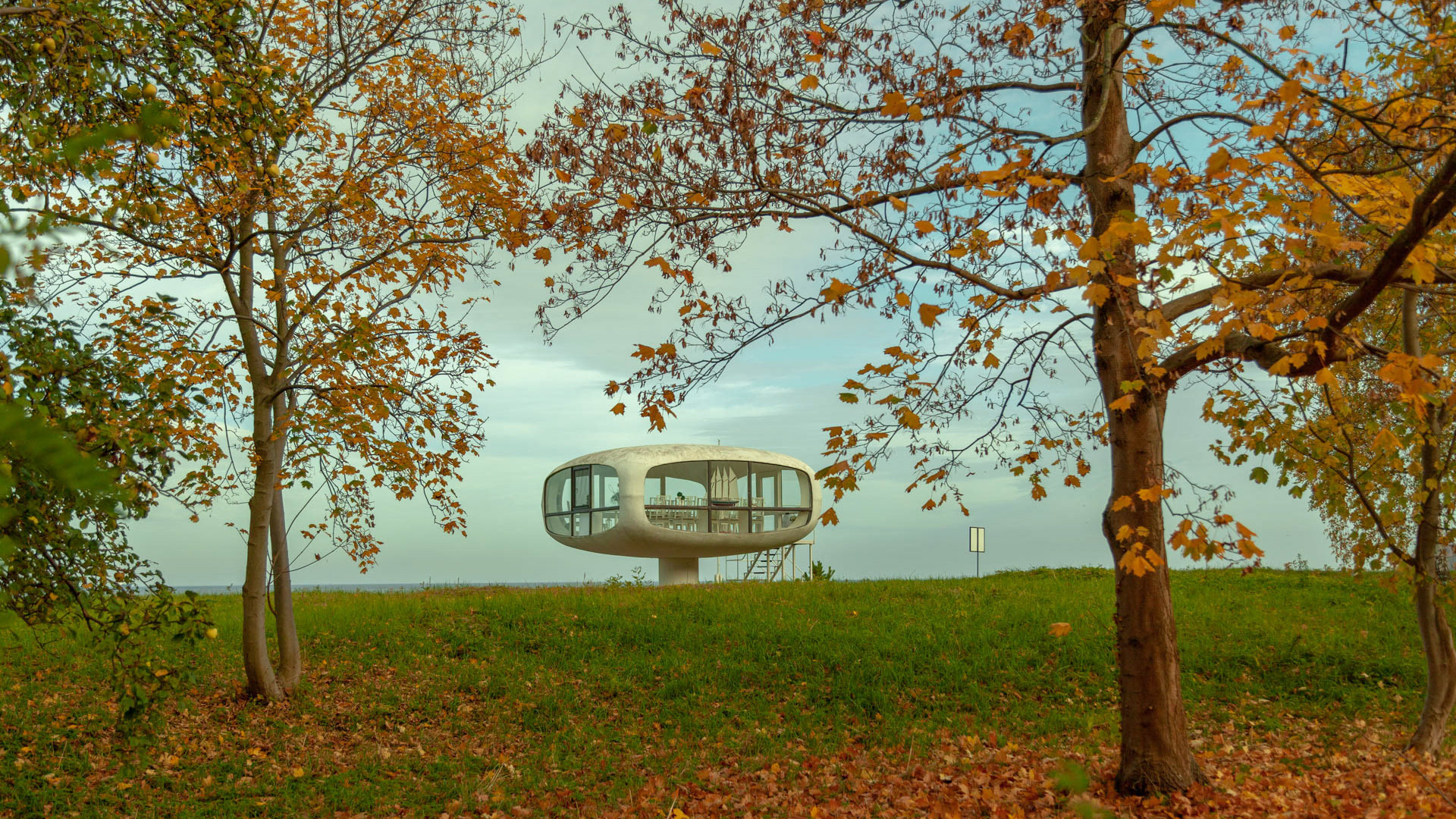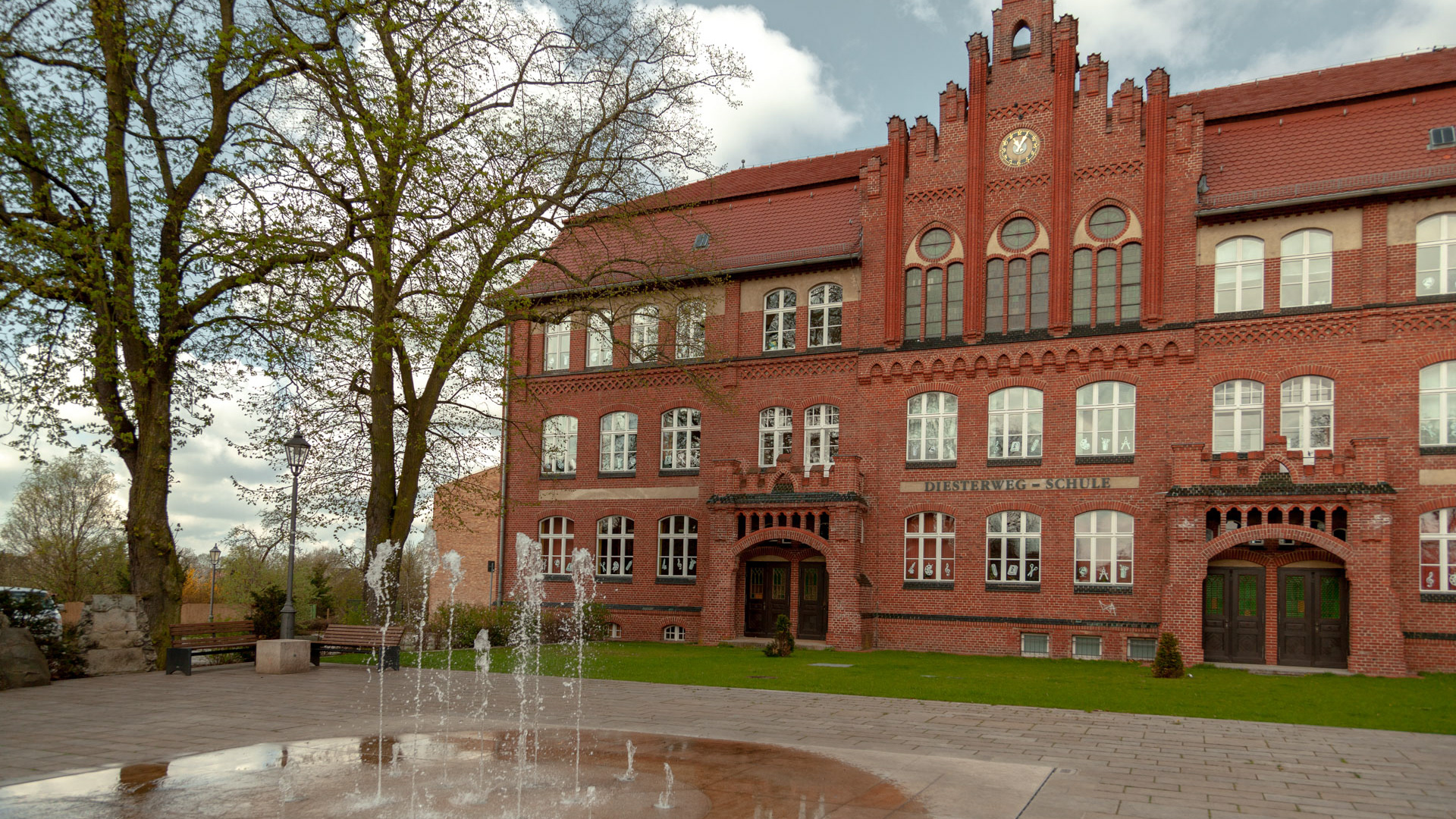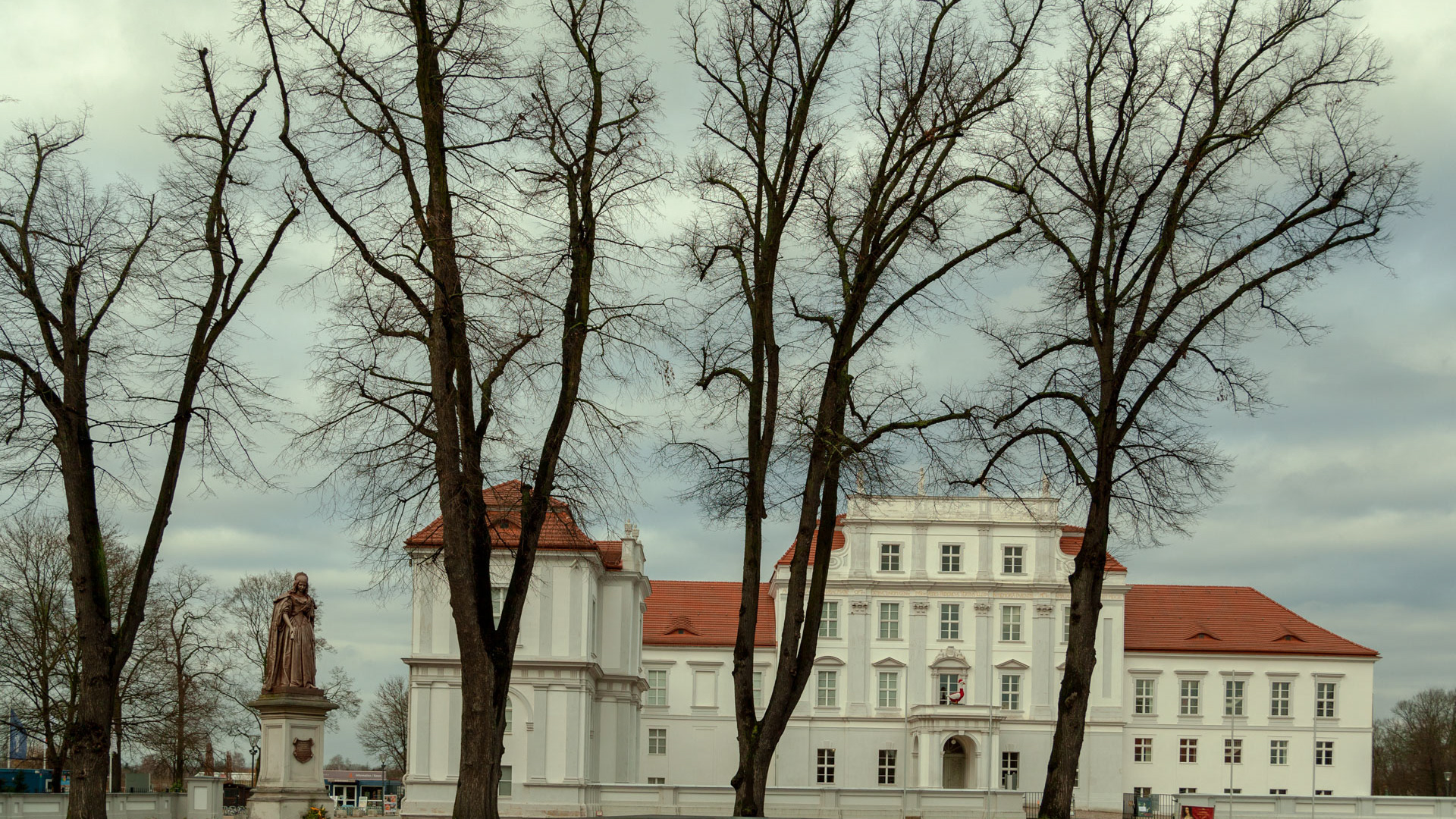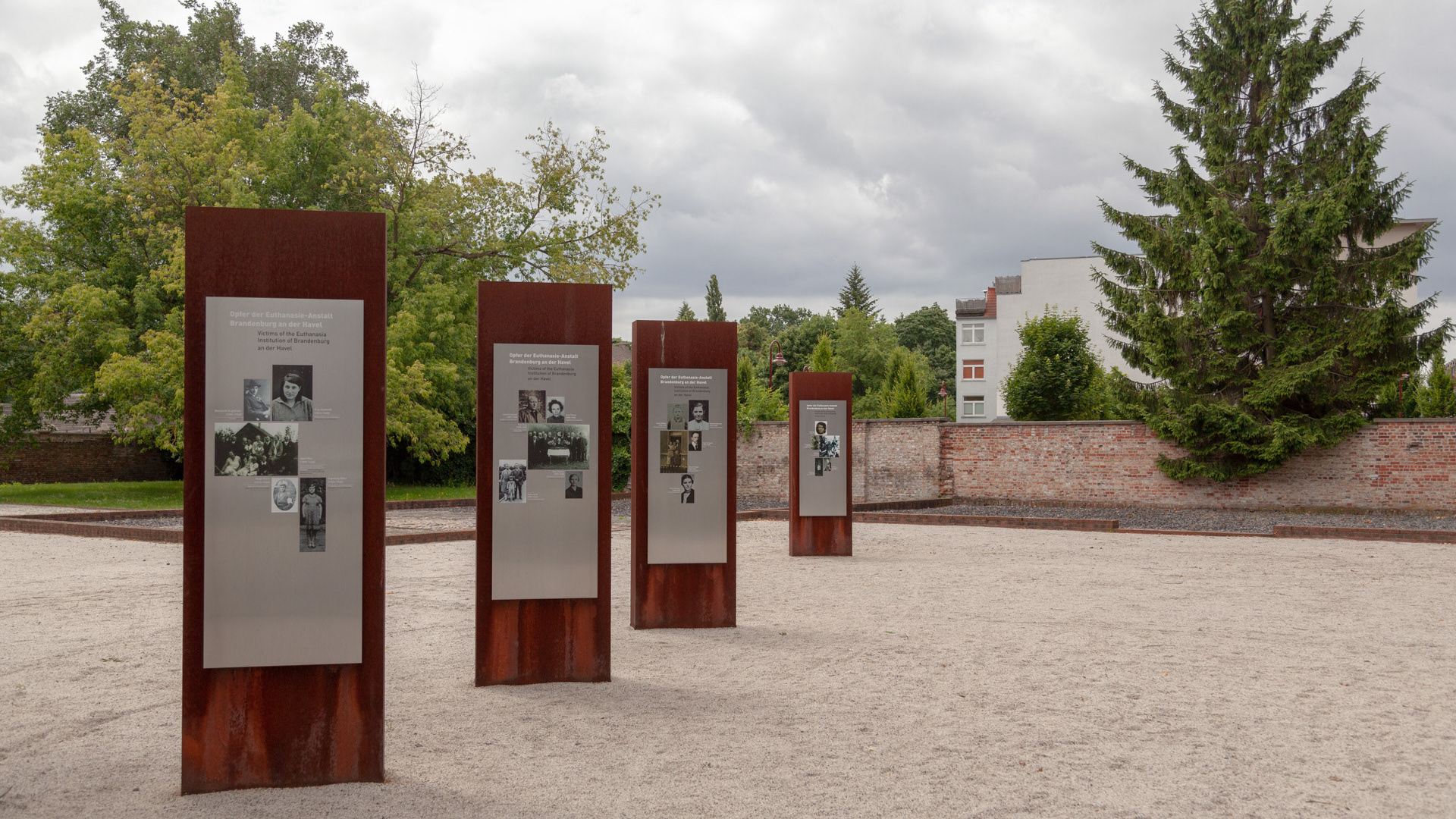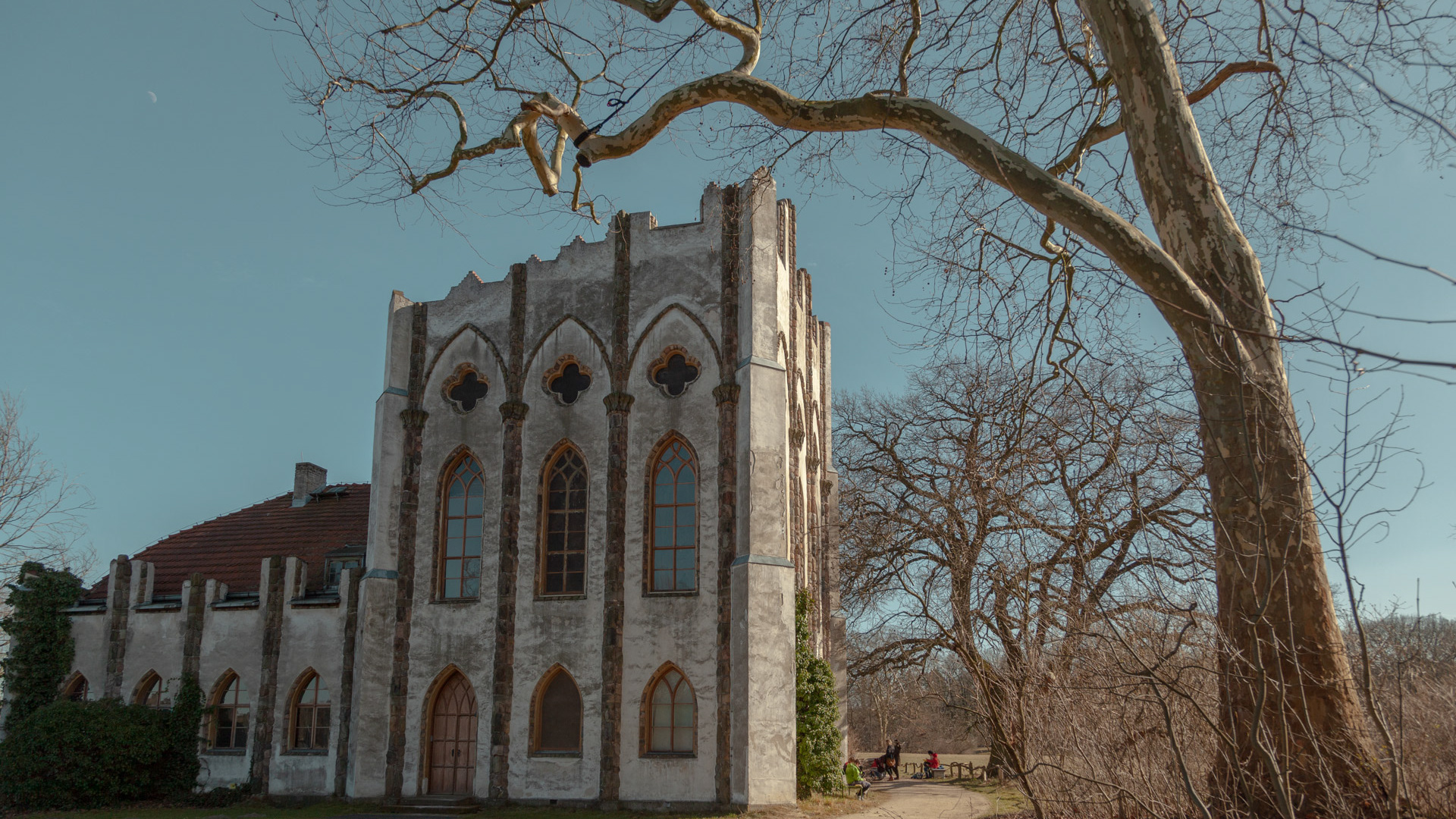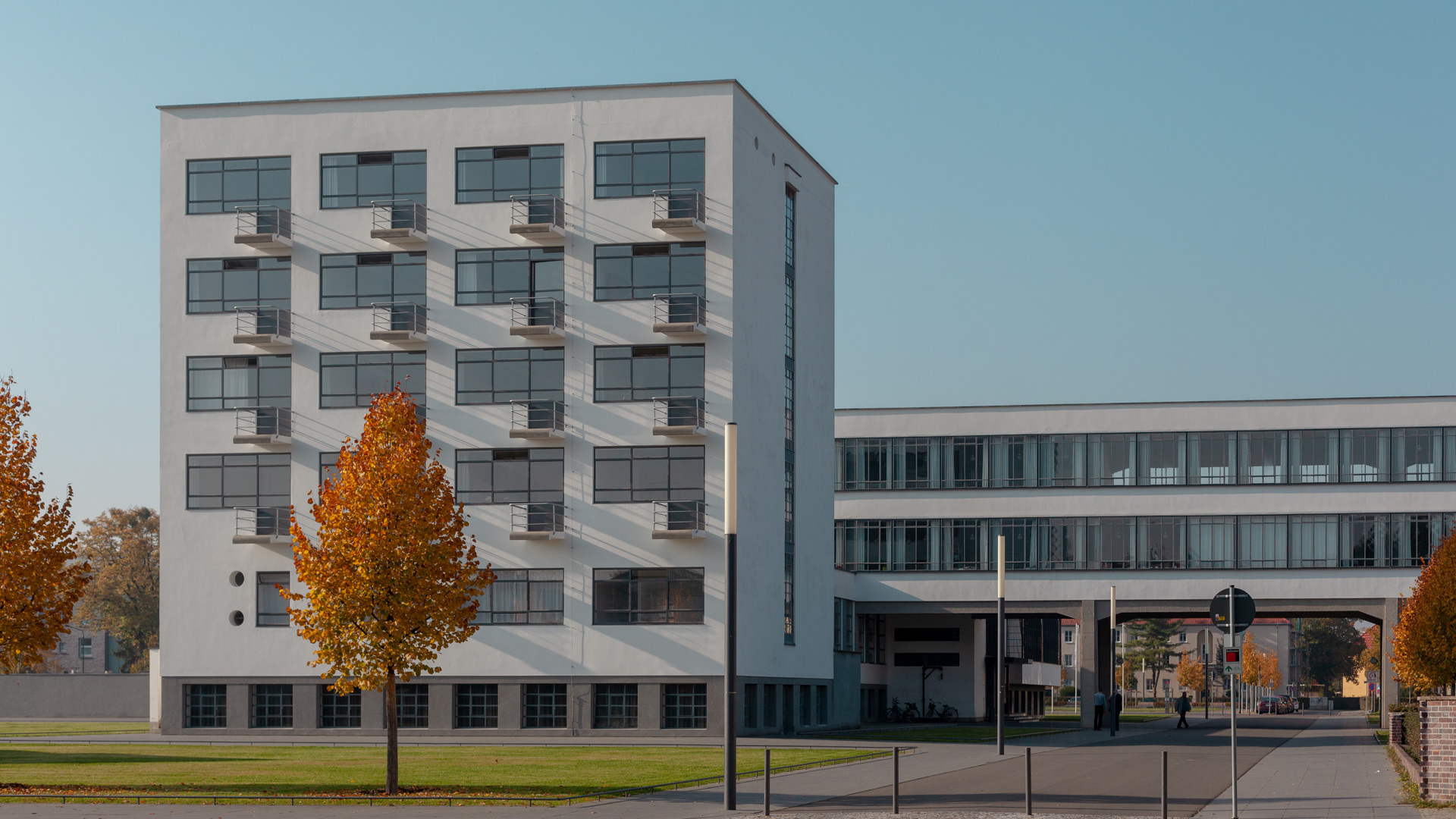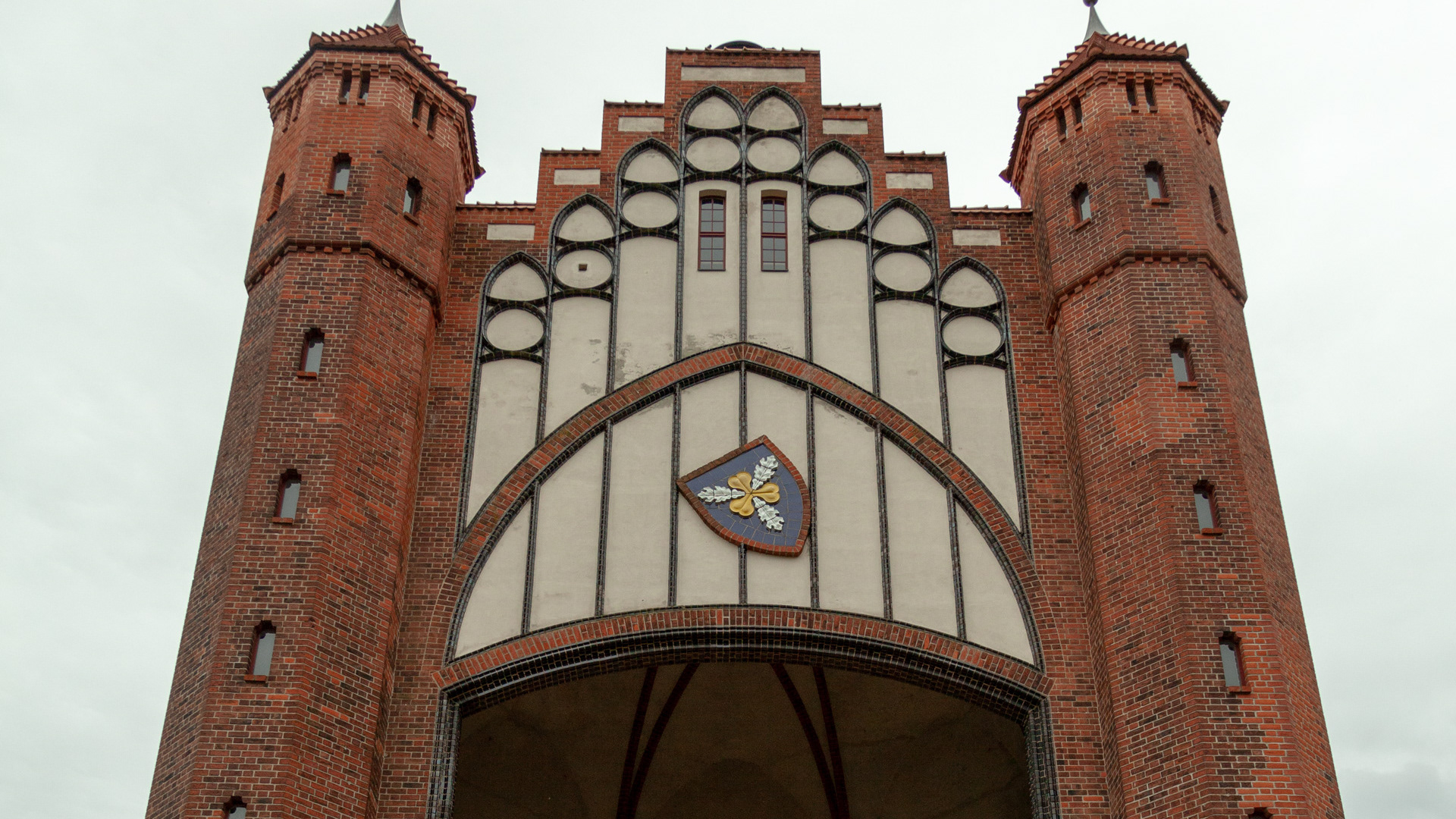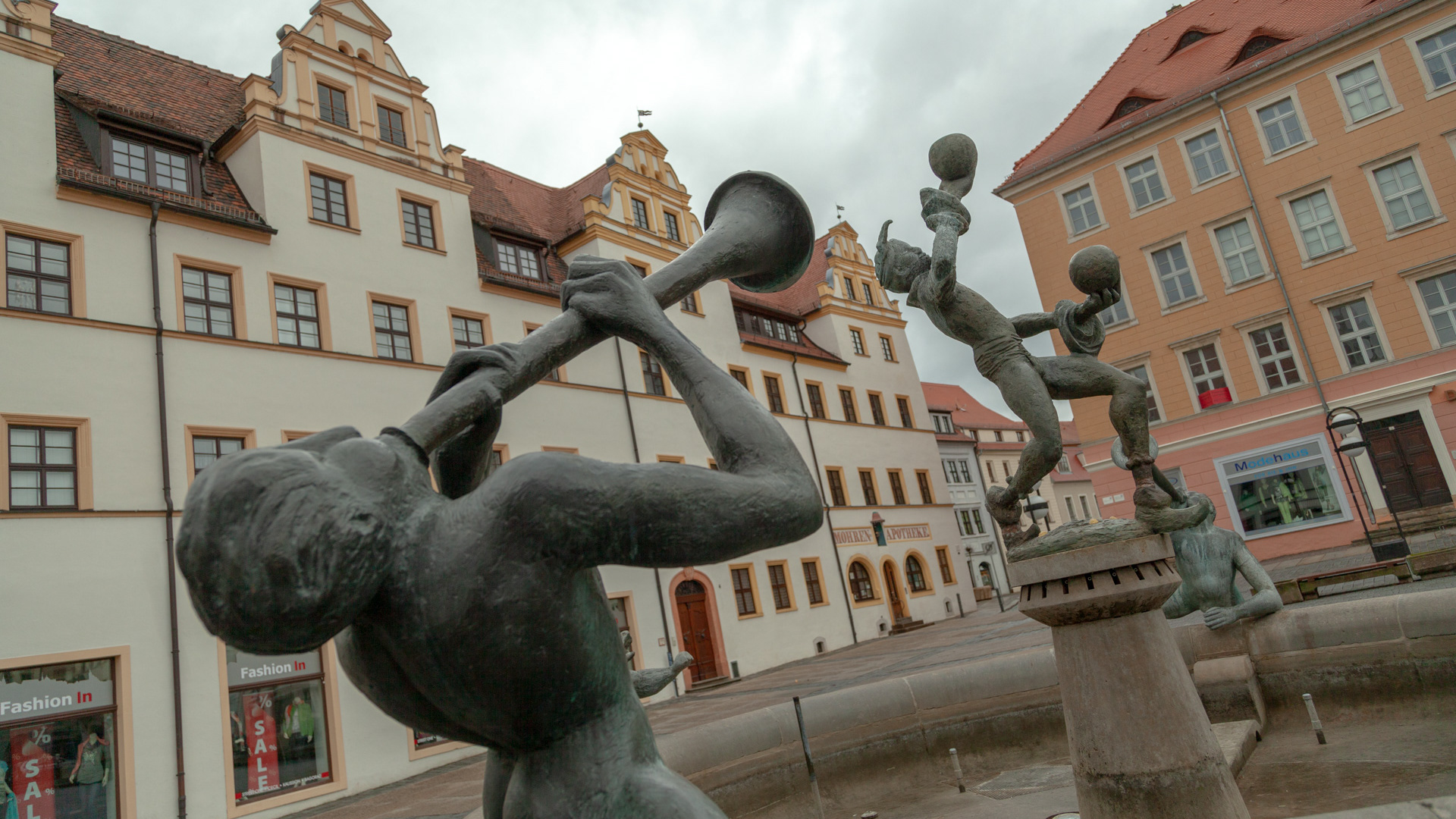This Geschlossener Jugendwerkhof Torgau complex was a disciplinary device in the system of special homes of youth services in the DDR. It reported directly to the Ministry of National Education.
It was opened on 1 May 1964 was being largely taken over the design of the former youth prison. The building complex was surrounded by about 5 feet high walls, which were secured with barbed wire and broken glass. The buildings themselves were barred living and sleeping rooms, production facilities and detention and dark cells.
The task was to create the willingness of inmates to protest subordinating all future measures of re-education.
Military Drill, a rigid penal system, monotonous physical labor and ideological training should those young people accept the will at any insubordination, the opposite in the special homes due to multiple outbreaks or resistance the local re-education were noticed. As a result of the unbearable living conditions, targeted humiliation and physical abuse, there was a series of suicides and self-mutilation in number until now could not be definitively established.
In December 2004 the Berlin Court of Appeal explained that the consignment was basically the rule of law unconstitutional. This was based on the prison-like conditions in the institution, which, however, was not preceded by final conviction of the inmate. Former inmates therefore entitled to compensation.
Today a small part of the complex serves as Gedenkstätte (documentation center), while the rest of it has been renovated into appartments.
It was opened on 1 May 1964 was being largely taken over the design of the former youth prison. The building complex was surrounded by about 5 feet high walls, which were secured with barbed wire and broken glass. The buildings themselves were barred living and sleeping rooms, production facilities and detention and dark cells.
The task was to create the willingness of inmates to protest subordinating all future measures of re-education.
Military Drill, a rigid penal system, monotonous physical labor and ideological training should those young people accept the will at any insubordination, the opposite in the special homes due to multiple outbreaks or resistance the local re-education were noticed. As a result of the unbearable living conditions, targeted humiliation and physical abuse, there was a series of suicides and self-mutilation in number until now could not be definitively established.
In December 2004 the Berlin Court of Appeal explained that the consignment was basically the rule of law unconstitutional. This was based on the prison-like conditions in the institution, which, however, was not preceded by final conviction of the inmate. Former inmates therefore entitled to compensation.
Today a small part of the complex serves as Gedenkstätte (documentation center), while the rest of it has been renovated into appartments.
note: in "Barbara" the 2012 film with Nina Hoss, Stella, the girl going to her hospital and then helped, is escaped from this place.
